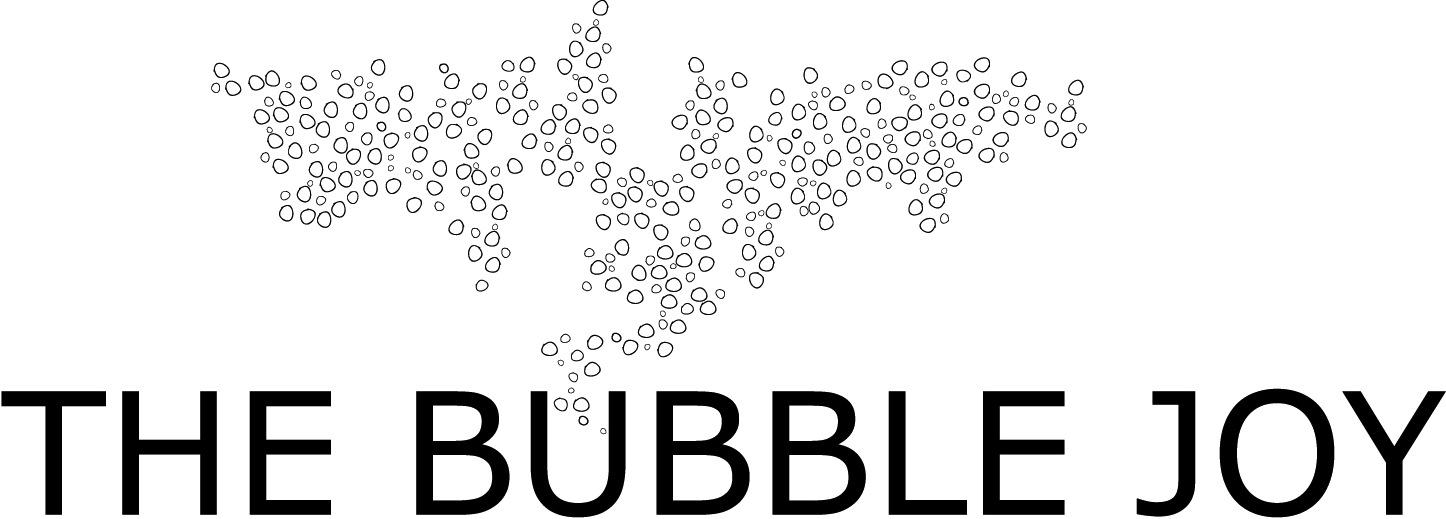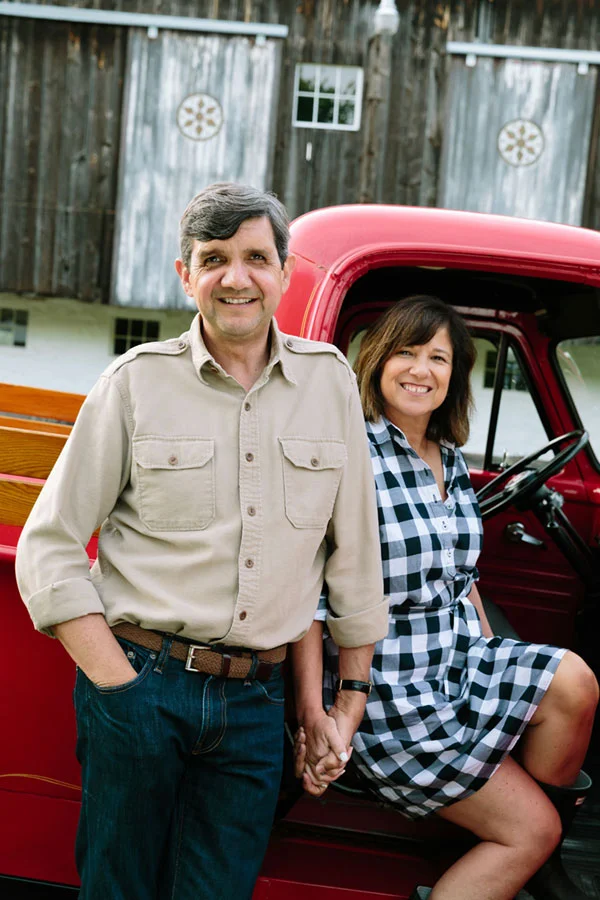Last summer, we almost bought a farm. It was a pretty place, up in Door County, Wisconsin, certified organic and very well-maintained. The stone and timber house sat nicely on the property, overlooking the horse pasture out front and the alfalfa fields out back. But it was the fence of espaliered apple trees that completely captivated me.
Not that I would have a clue how to prune an apple tree fence. My mom grew up on a farm in Illinois, but she left for nursing school as soon as she could. She taught me much, but not one whit of farm wisdom did she pass along.
My mother and father on her family's farm in Wadsworth, Illinois, 1960.
Everything I know about farming I learned by reading the Little House books seventeen times. Laura Ingalls Wilder taught me that when the grasshopper cloud comes, you are screwed. You can be minding your own business sweeping the dugout floor and by jingo, an oxen hoof will puncture you in the head. And don't even think about eating watermelons planted in the creek bottom.
My husband, on the other hand, wanted to be a farmer since he was a little boy. He spent a lot of happy days on a farm not far from his house that belonged to a kindly woman named Grandma Borgsmiller. She had chickens, pigs, cattle, and a cherry orchard. She was ridiculously permissive, letting him play in the hay stacks, climb the cherry trees, and drive the farm machinery while she shoveled coal into her basement furnace like a stevedore on a freighter. After all that, she'd clomp upstairs and serve him endless piles of sliced potatoes fried in lard. No wonder he wanted to be a farmer.
Instead, he grew up to be an attorney.
On the weekends, though, you should see him, like he's still on Grandma Borgsmiller's place. He adores to-do lists and chores around the yard. Our neighbor Stacey calls him a 'busy bee,' and on particularly productive days, she promotes him to 'killer bee'.
A farm would provide him an endless supply of labor. He would be so happy, thwacking at logs from dawn until dusk, and crawling into bed with a hunched back, clawed hands, and a smile on his sweat-streaked face as he whispered, "G'night little Half Pint. Tomorrow, again!"
Betty, our antique pick-up truck, could live out her days parked in a barn. And I suppose as long as I had wi-fi, and access to a decent nail salon, I could live out my days happily enough, writing humorous posts about DIY inflatable pig bladders. I could Instagram the china shepherdess I'd place on our mantel. I could create photo essays of handsome farmhands and their fashions.
With our red truck, Betty, on a friend's farm in Wisconsin.
In the end, we chickened out. We consulted with the bank, talked to the kids, and considered the logistics. The timing just wasn't right. And a good friend warned us, "It is much easier to buy a farm than it is to sell one."
Now, a year later, we just celebrated our thirty-first wedding anniversary and we might be kicking ourselves over that farm. Life has changed. We are at a fork in the road and the miles ahead are not as numerous as the ones behind.
Aldo Leopold, our famous Wisconsin environmentalist, wrote, "There are two spiritual dangers in not owning a farm. One is the danger of supposing that breakfast comes from the grocery, and the other that heat comes from the furnace."
What's the worst that can happen? Let us take one last look at the Little House books. Laura Ingalls married Almanzo Wilder in 1885 and they bought a farm. That first year, their barn burned down. The next year, they contracted diphtheria and Almanzo suffered a stroke. The year after that, their infant son died, their house burned down, and their crops failed.
And then what happened? They moved. They started again. They sowed seeds in fresh soil. And Laura wrote all about it.
Betty is a 1953 Ford, and the first antique that we bought together.
Photos by Leo Tseng.
New in the shop are these pretty dishtowels with embroidered sentiments that Laura Ingalls Wilder might have written. Click on the photo for shopping information.
Do you like pretty pics? Antiques? Fun stories from around the web? Join the hundreds of subscribers who receive my newsletter every Friday. No locusts, I promise. Sign up below:





